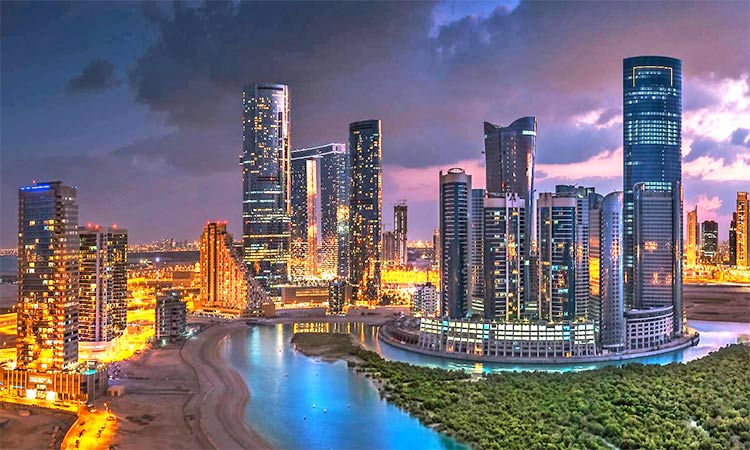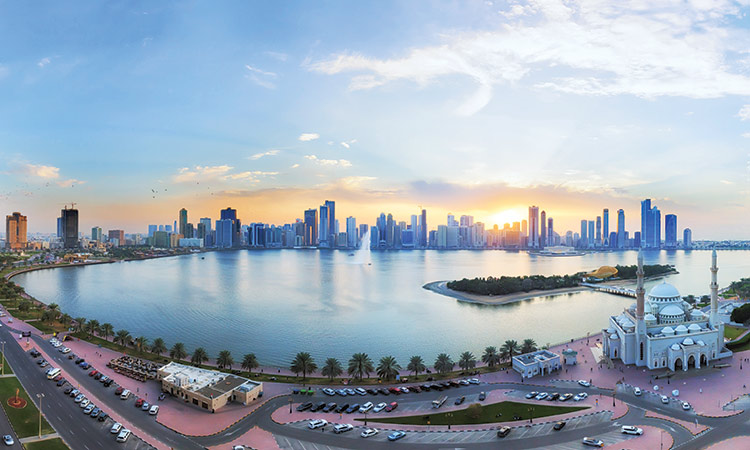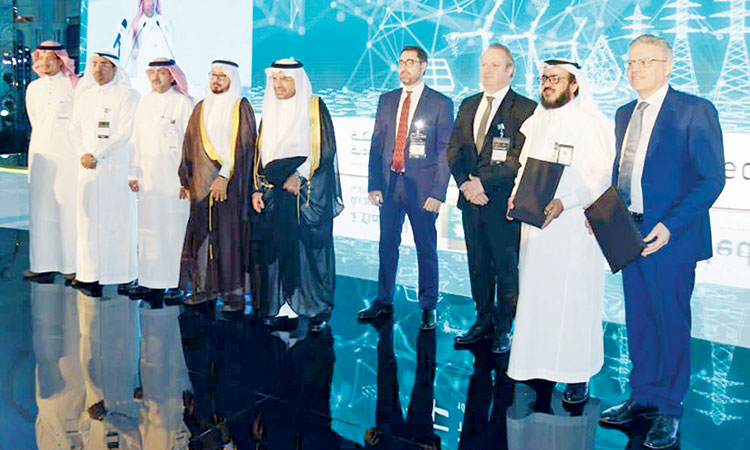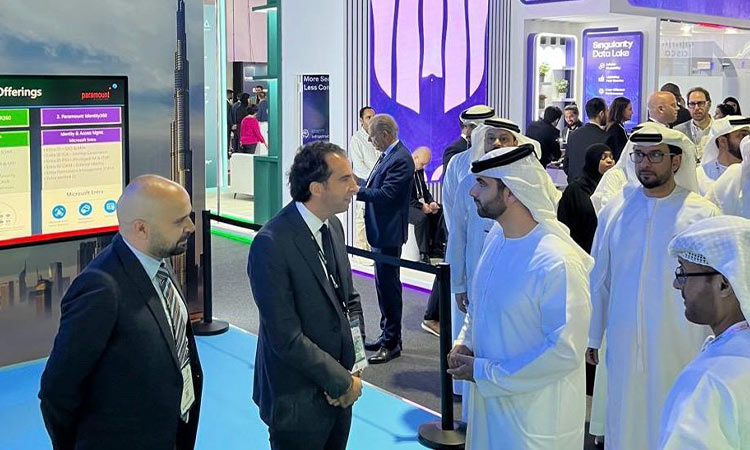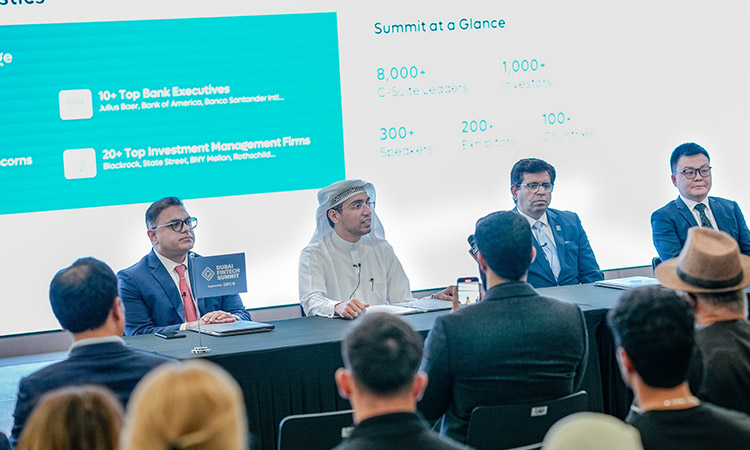UAE, Arab Monetary Fund sign deal to enhance economic integration
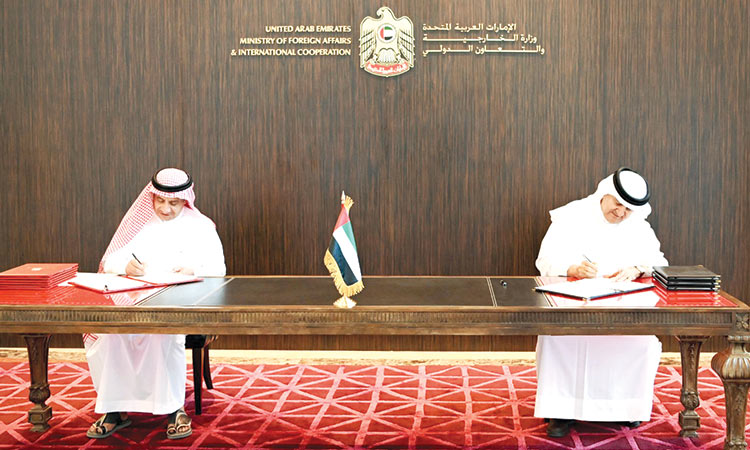
Top officials during the signing ceremony.
The agreement was signed on behalf of the ministry by Ahmed Abdul Rahman Al Jarman, Assistant Minister for Human Rights and International Law, and on behalf of the AMF by Dr Abdulrahman bin Abdullah Al Hamidy, Director-General and Chairman of the AMF Board.
Under the agreement, the UAE will create the legal framework and provide the necessary benefits and immunities for the corporation to enable it to efficiently perform its role, as well as to generate regional integration opportunities.
The corporation will support Arab economic integration and leading commercial parties of Arab countries to maintain economic and financial stability in the region.
The UAE was chosen to host the corporation’s headquarters due to the related efforts of the Ministry of Foreign Affairs and International Cooperation, the Ministry of Finance, and the Central Bank of the UAE, as well as the country’s suitable economic environment and its reputation for applying the highest international standards relevant to the corporation’s work.
The corporation, through its services and duties, aims to ensure adherence to international standards and correct practices related to anti-money laundering and terrorist financing.
The UAE will assist the corporation through the Ministry of Finance and the Central Bank of the UAE.
Last week Obaid Humaid Al Tayer, Minister of State for Financial Affairs, chaired today the virtual Arab Governors’ meeting within the International Monetary Fund, IMF, and World Bank Group, WBG’s, Annual Meetings 2020.
David Malpass, President of the WGB, Mirza Hassan, Executive Director of the Arab Group at the WBG, and several governors and ministers of the WBG Arab Group member states attended the meeting.
In his opening remarks, Al Tayer praised the WBG’s efforts in taking quick and appropriate measures to limit the repercussions of the spread of the COVID-19 pandemic. He also stressed the importance of these meetings, as they are platforms to exchange experiences in the fields of government financial work and financial and economic policies, and to discuss views on the latest economic and social developments regionally and globally.
He said, “The G20, under the Presidency of the Kingdom of Saudi Arabia, and with the support of the World Bank and the IMF, was swift and effective in implementing the Debt Service Suspension Initiative, DSSI. We realise that there is a need for an extension of the DSSI, therefore the private sector must participate in this initiative. Currently, the private sector accounts for over 40 percent of the long-term debt within DSSI participants.”
He added, “Digitalisation will be a key factor in fighting poverty and boosting shared prosperity, and we are confident that the World Bank can be a key partner in supporting our region in its transition to the next phase of digitalisation.”
He noted that in the pursuit of leveraging technology to the betterment of the region, the UAE has reached an agreement with the World Bank to establish a technological hub in Abu Dhabi.
WAM
